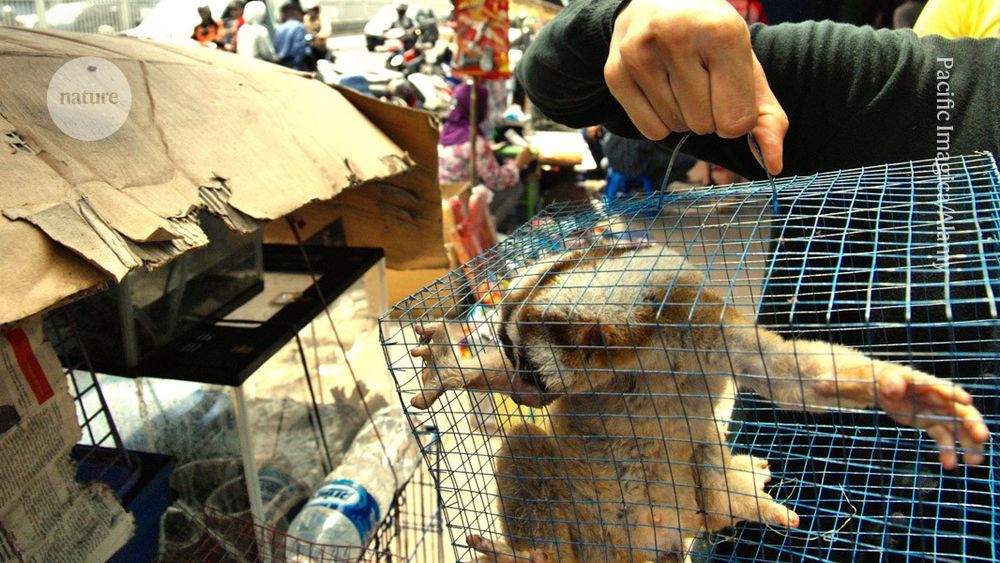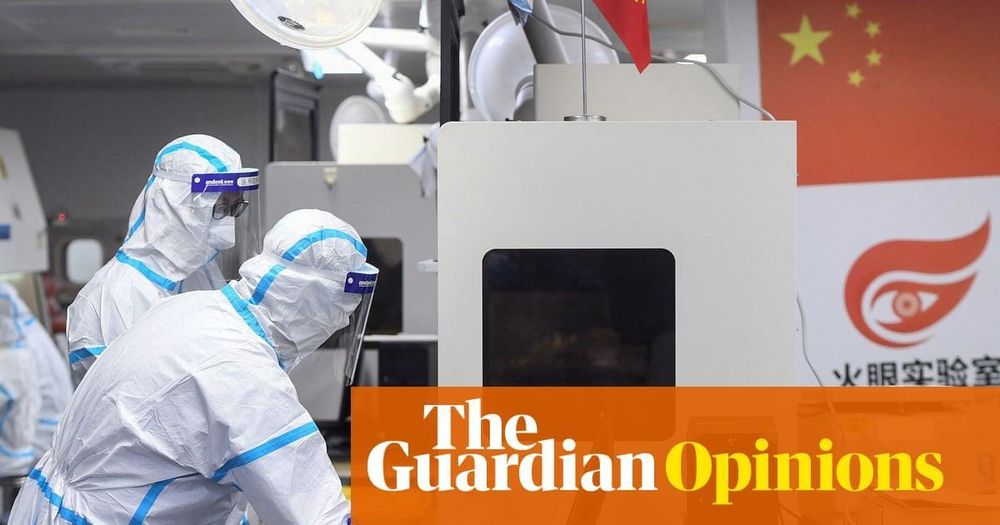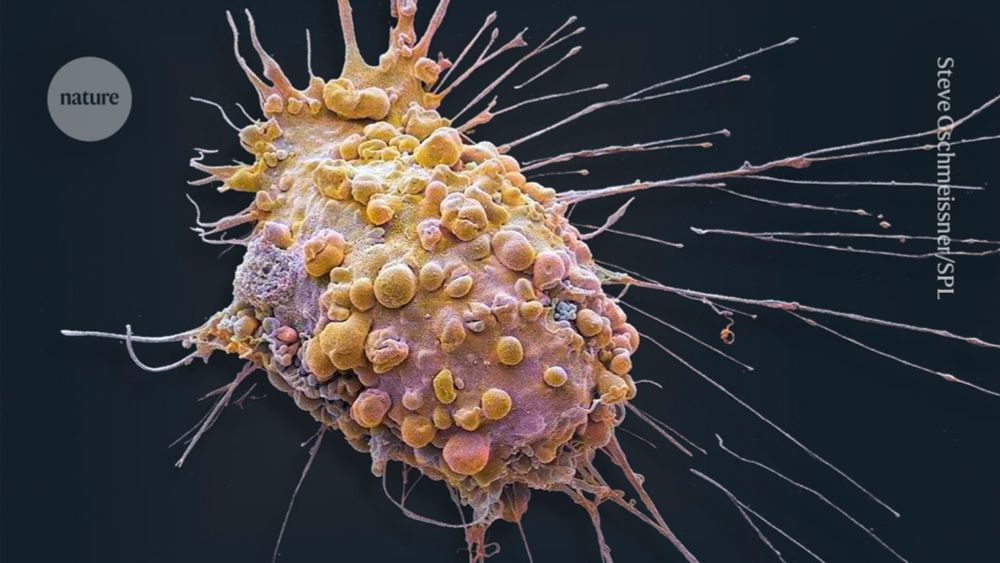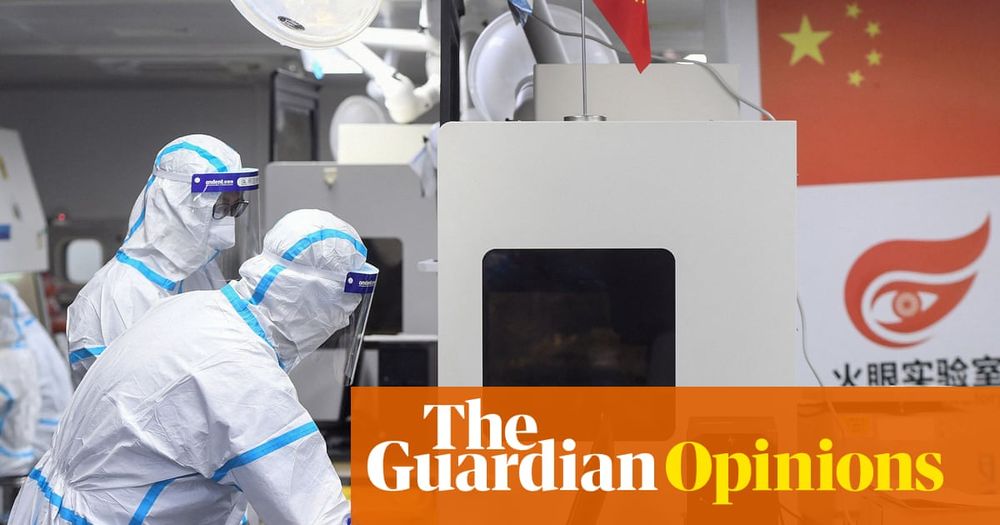

We can either turn a blind eye or try to understand & mitigate the risks
My latest in @nature.com
1/
www.nature.com/articles/d41...
✍️ Jane Qiu
knowmag.org/4r8vPY0

It's a fascinating case of molecular mimicry that may help make vaccine safer.🧪



✍️ Jane Qiu
knowmag.org/4r8vPY0

✍️ Jane Qiu
knowmag.org/4r8vPY0
You may not agree with every op-ed The Post publishes, but our investigative journalism, breaking news reporting and other essential work cannot happen without subscribers.
If you value this work, tell Jeff Bezos to #SaveThePost
www.washingtonpost.com/investigatio...

You may not agree with every op-ed The Post publishes, but our investigative journalism, breaking news reporting and other essential work cannot happen without subscribers.

with his health data, is very disappointing
gift link wapo.st/49GEASP

with his health data, is very disappointing
gift link wapo.st/49GEASP
By @pbump.com @ms.now
www.ms.now/opinion/minn...

By @pbump.com @ms.now
www.ms.now/opinion/minn...
By @pbump.com @ms.now
www.ms.now/opinion/minn...

By @pbump.com @ms.now
www.ms.now/opinion/minn...


www.chemistryworld.com/opinion/thre...

www.chemistryworld.com/opinion/thre...
www.cambridge.org/core/element...

www.cambridge.org/core/element...
"People were not yet ready to accept what I was doing."
We're still not.
nytimes.com/2026/01/13/w...

"People were not yet ready to accept what I was doing."
We're still not.
nytimes.com/2026/01/13/w...
It beggars belief that the people funding this unethical experiment on African children claim to be the guardians of "gold standard science".
It’s worse than you thought.
Check it out, first in Inside Medicine…
with @pauloffit.bsky.social David Boulware and others.
insidemedicine.substack.com/p/scoop-the-...

It beggars belief that the people funding this unethical experiment on African children claim to be the guardians of "gold standard science".
But a “standoff” it’s not. If someone is robbed, you don’t call it a “standoff” between the robber and victim. You call it “robbery”.

But a “standoff” it’s not. If someone is robbed, you don’t call it a “standoff” between the robber and victim. You call it “robbery”.
New evidence shows they were infected with H5N1 after feeding on marine animals with bird flu
Bats in Egypt are also susceptible to a related strain of another bird flu virus, H9N2
@sciencenews.bsky.social
tinyurl.com/9navnxuw

New evidence shows they were infected with H5N1 after feeding on marine animals with bird flu
Bats in Egypt are also susceptible to a related strain of another bird flu virus, H9N2
@sciencenews.bsky.social
tinyurl.com/9navnxuw


So far it "has a lot of hype, but not a lot of concrete results or a clear path to success".
"I don’t think there is a clear definition of a virtual cell", says CZI's Jonah Cool.
@nature.com
www.nature.com/articles/d41...

So far it "has a lot of hype, but not a lot of concrete results or a clear path to success".
"I don’t think there is a clear definition of a virtual cell", says CZI's Jonah Cool.
@nature.com
www.nature.com/articles/d41...
What does this say about the state of science & the public discourse of science?
My @theguardian.com op-ed debut, from a sociological perspective
Include backstory behind the film Blame
1/
www.theguardian.com/commentisfre...

What does this say about the state of science & the public discourse of science?
My @theguardian.com op-ed debut, from a sociological perspective
Include backstory behind the film Blame
1/
www.theguardian.com/commentisfre...



